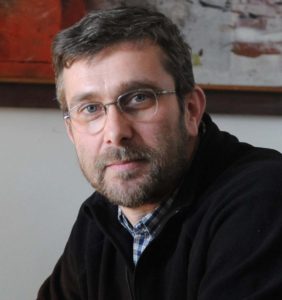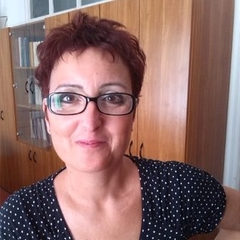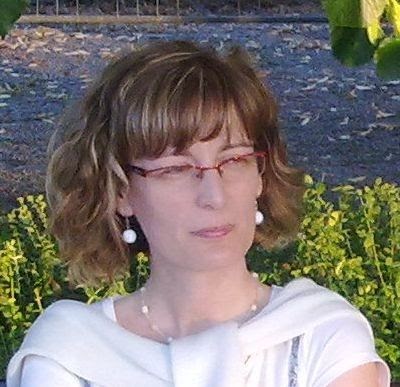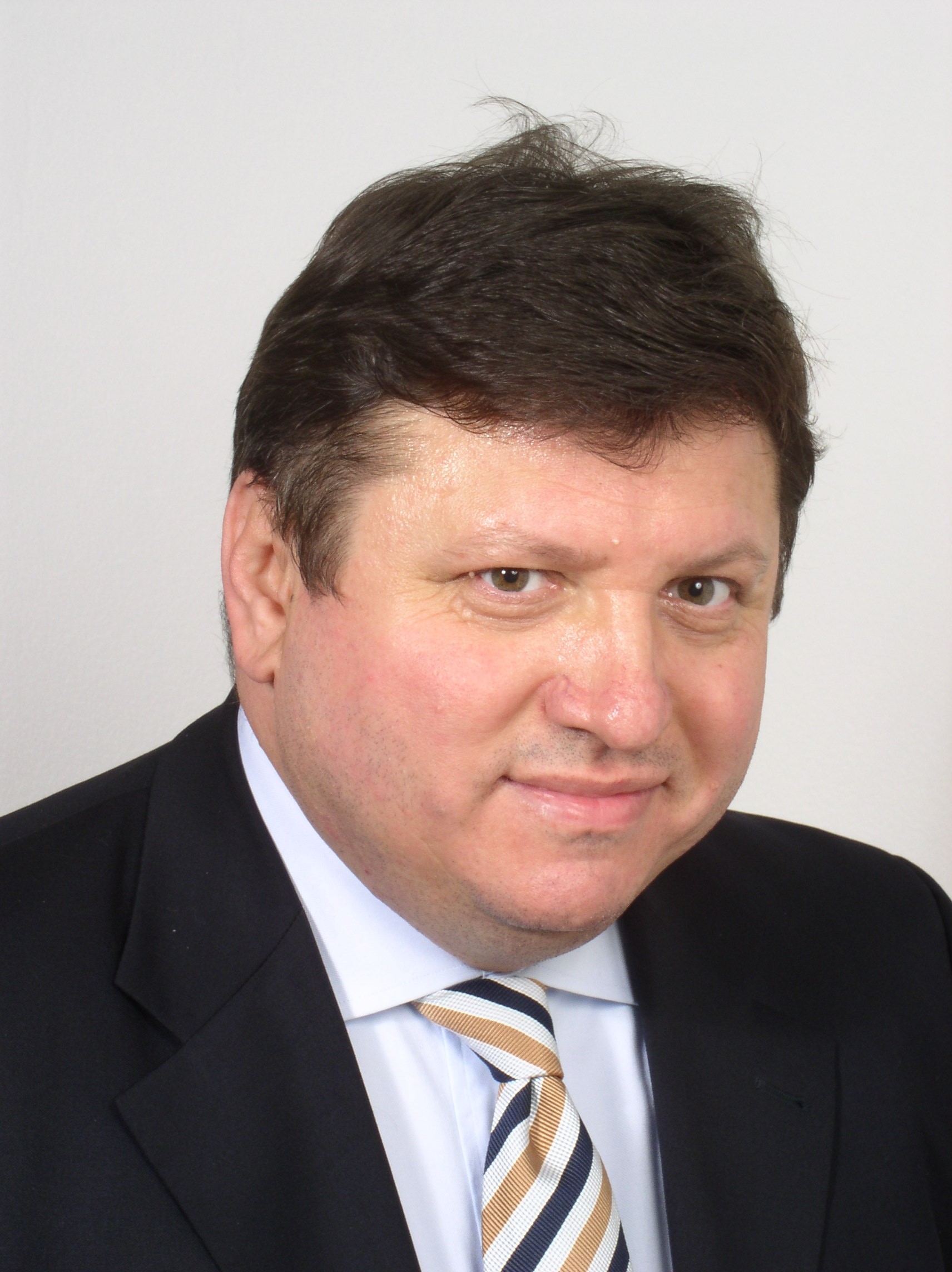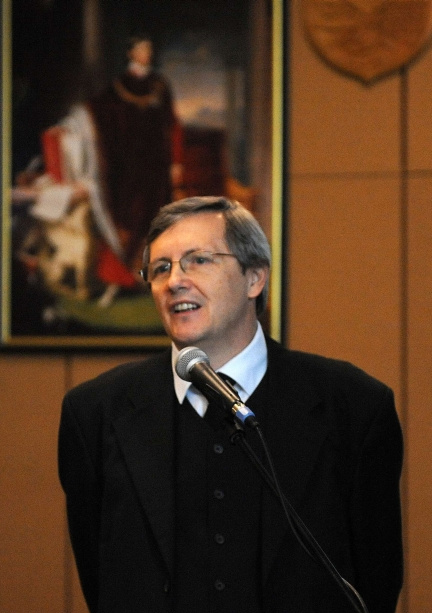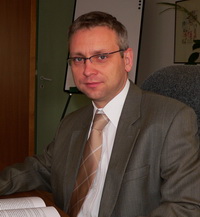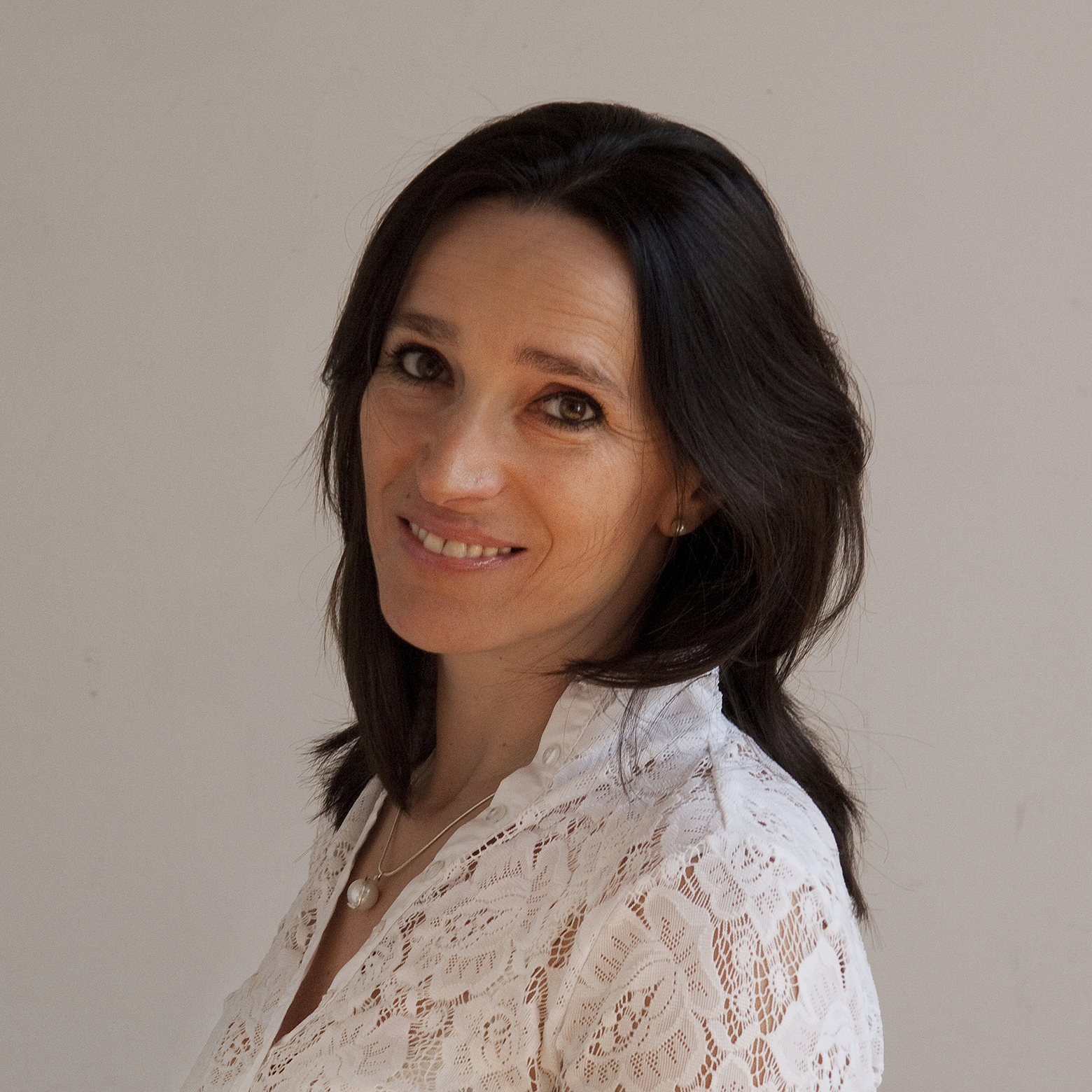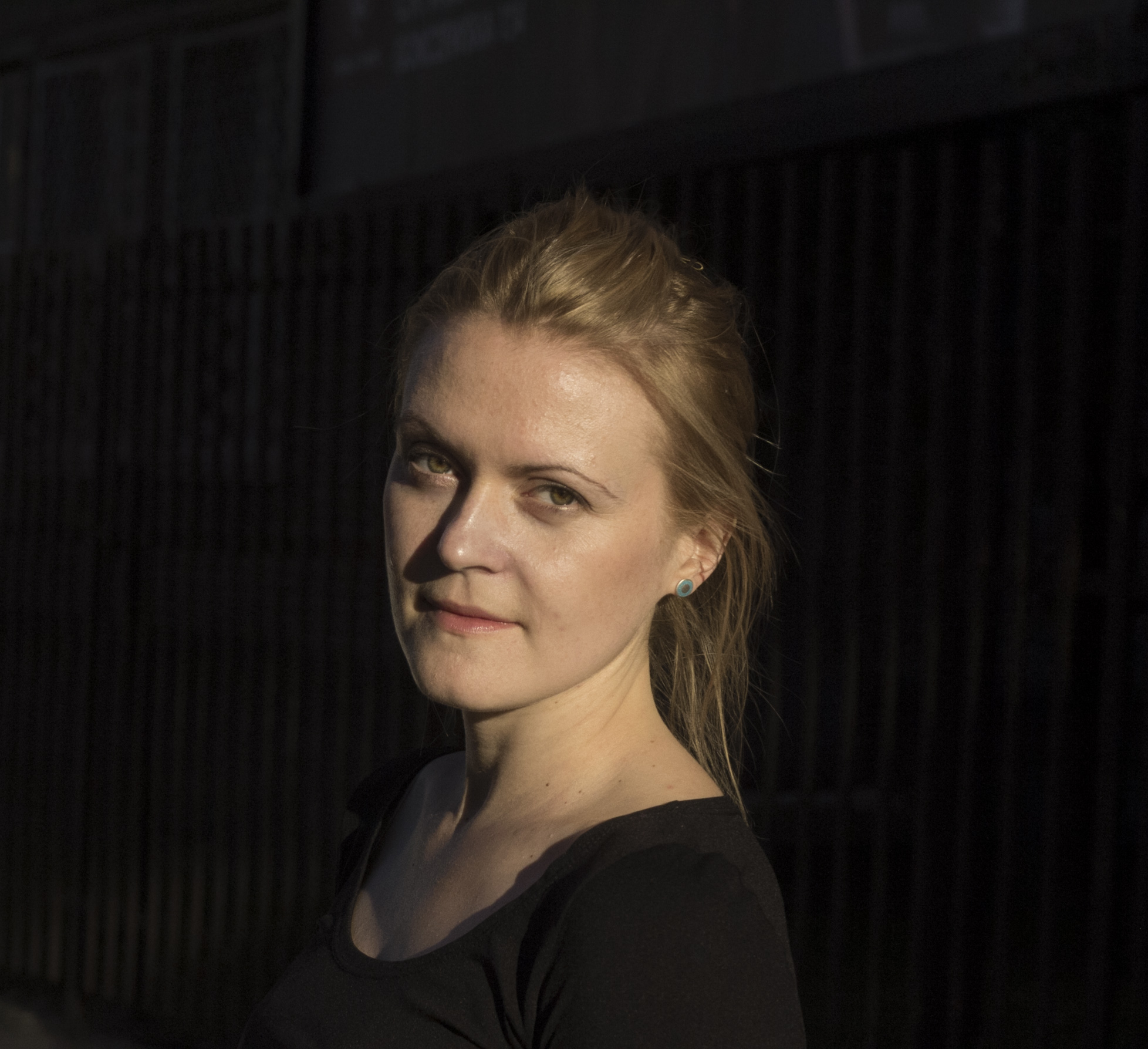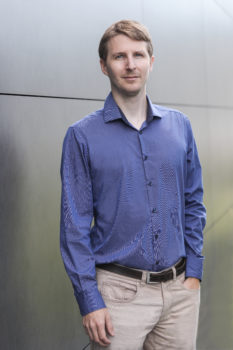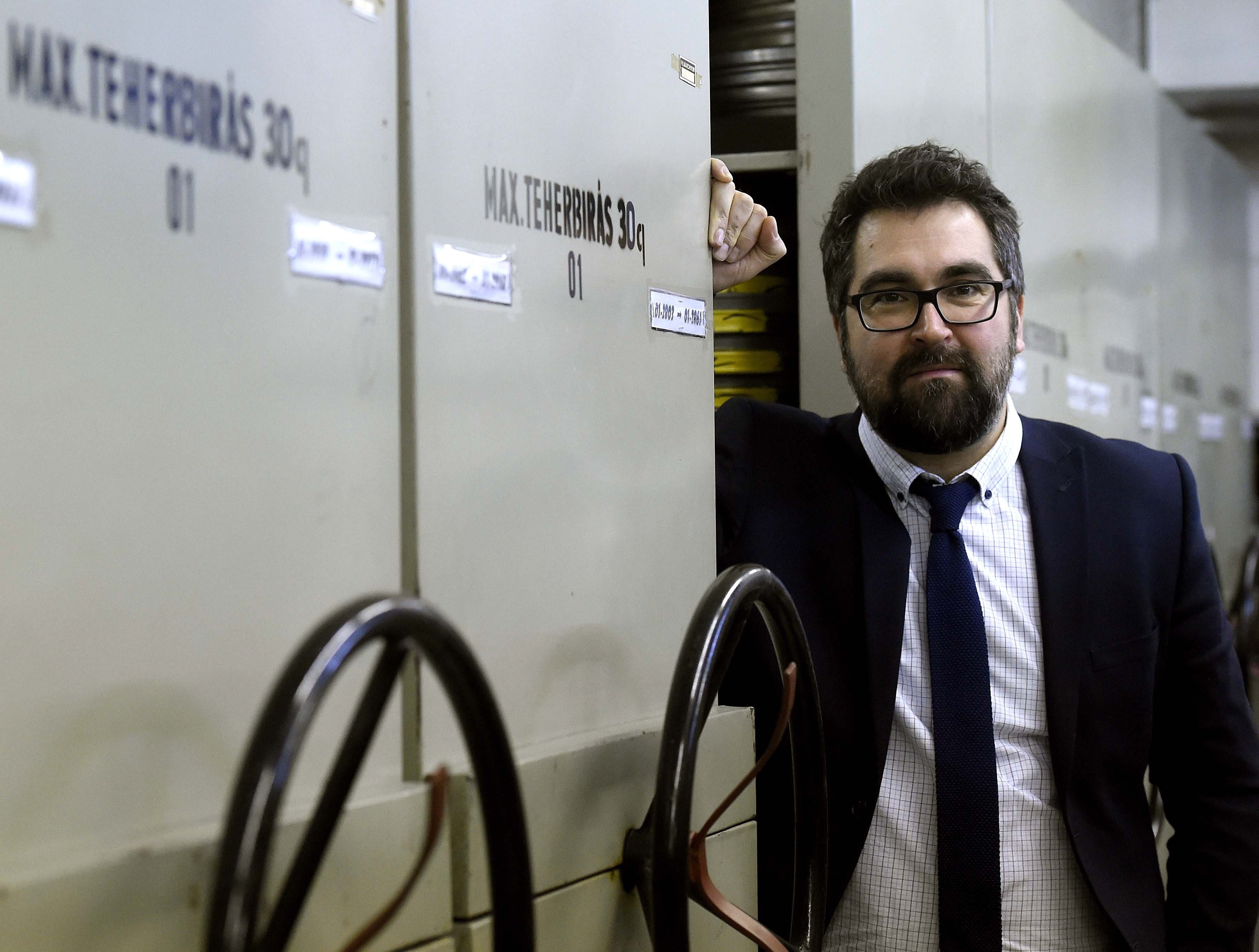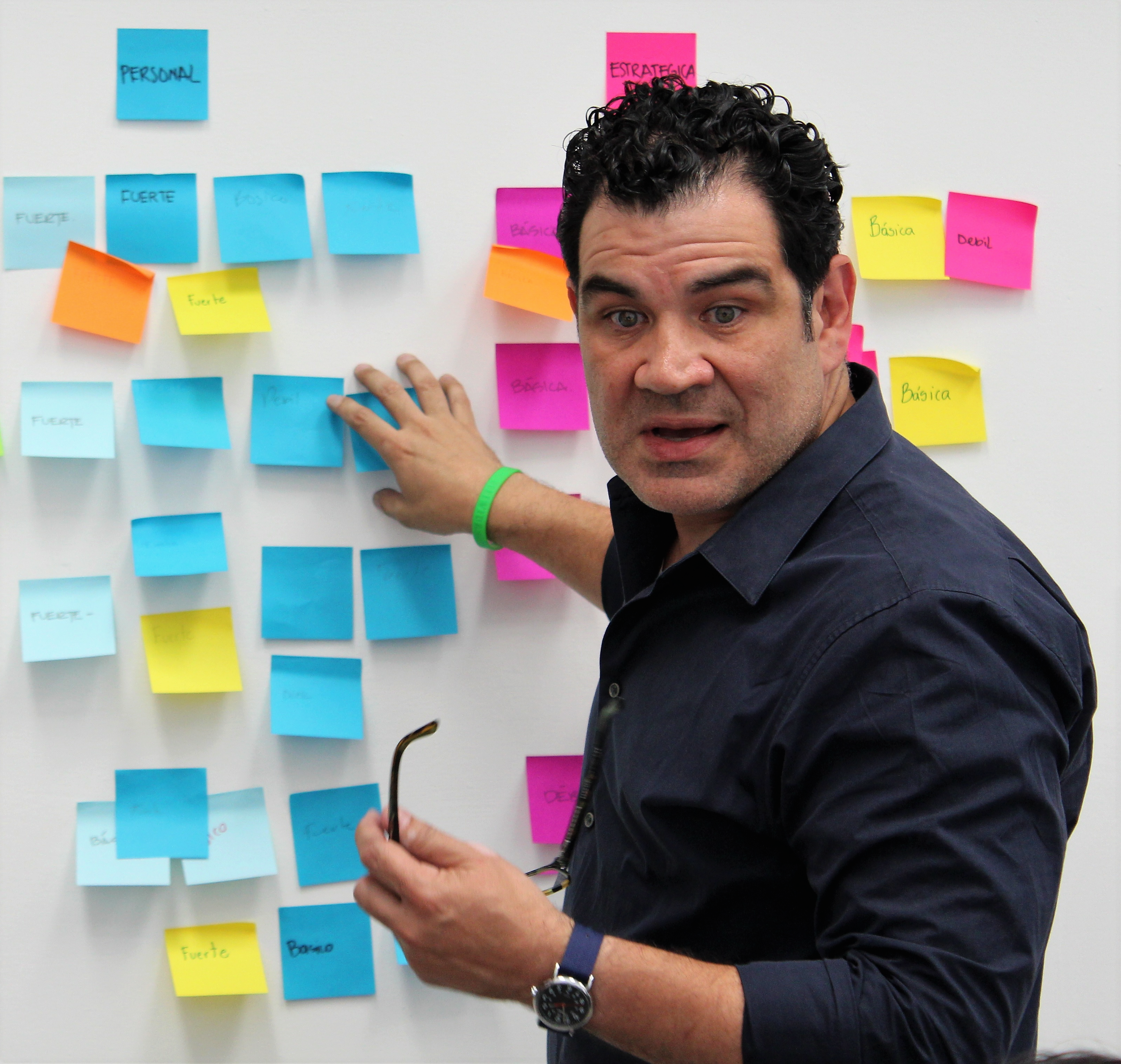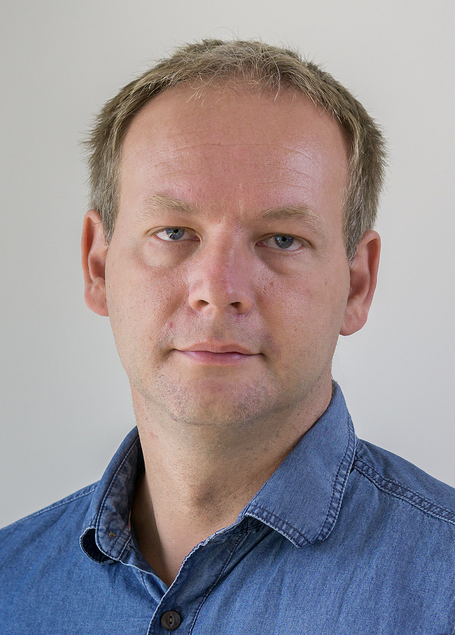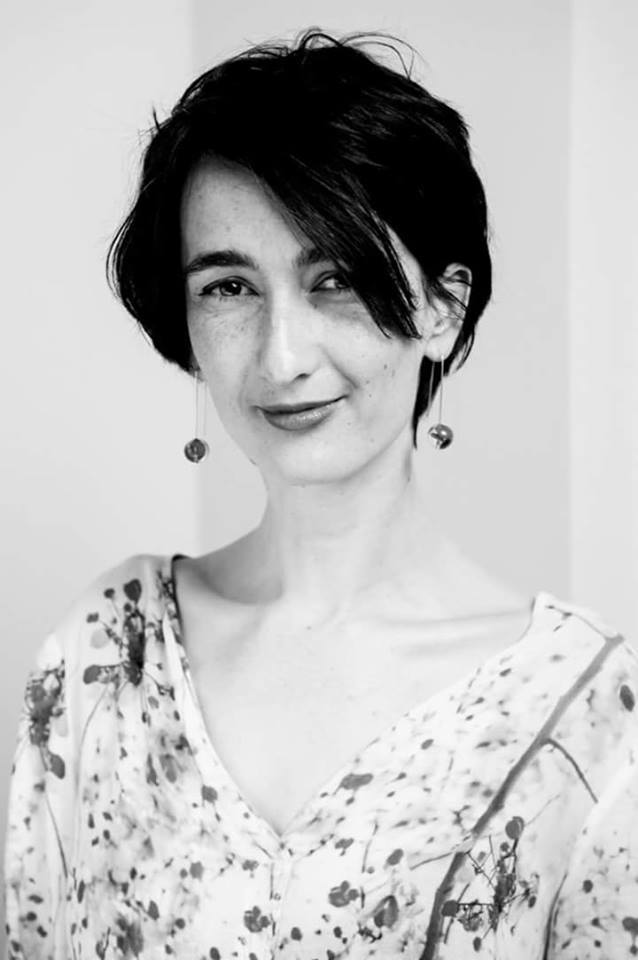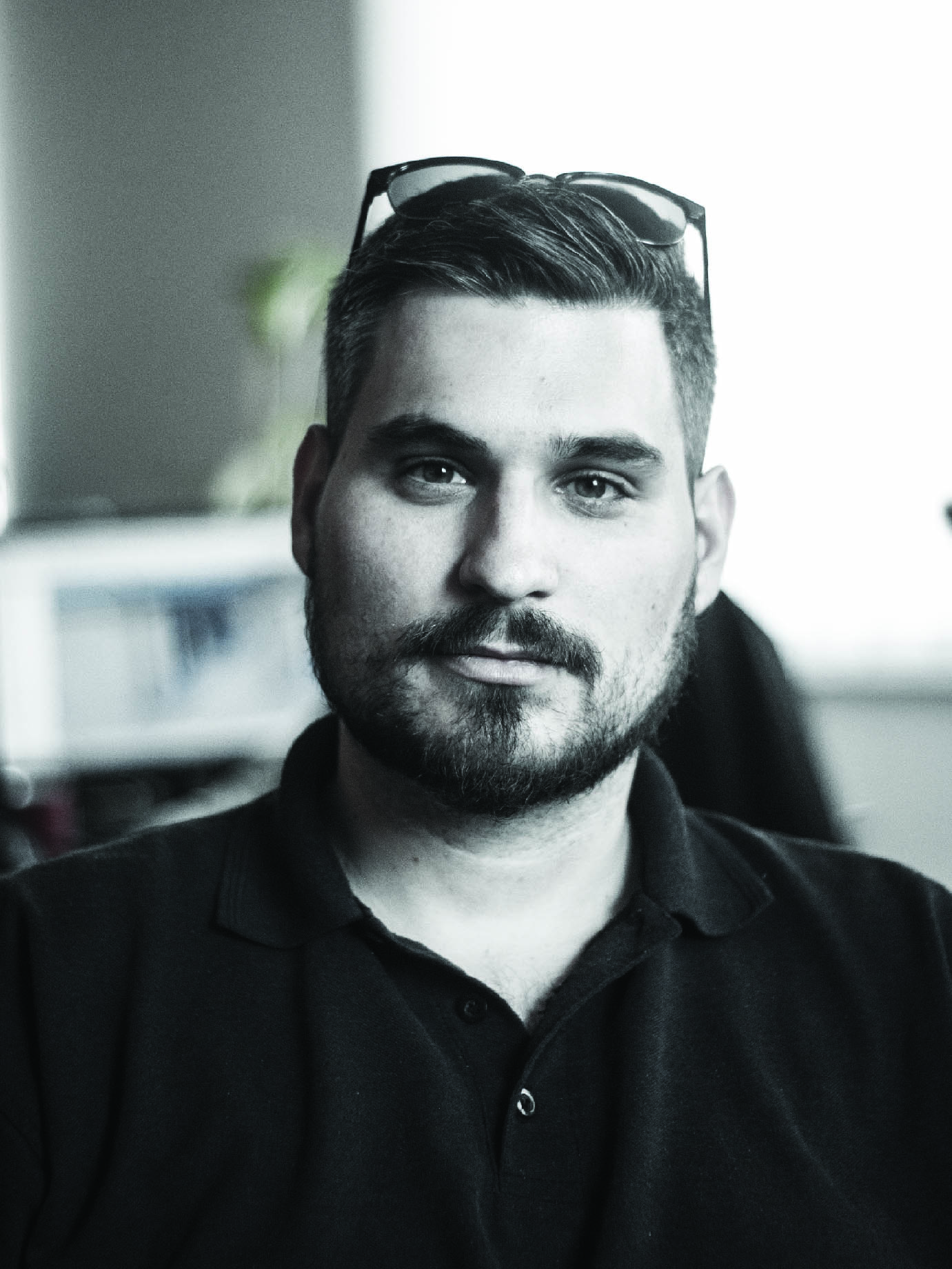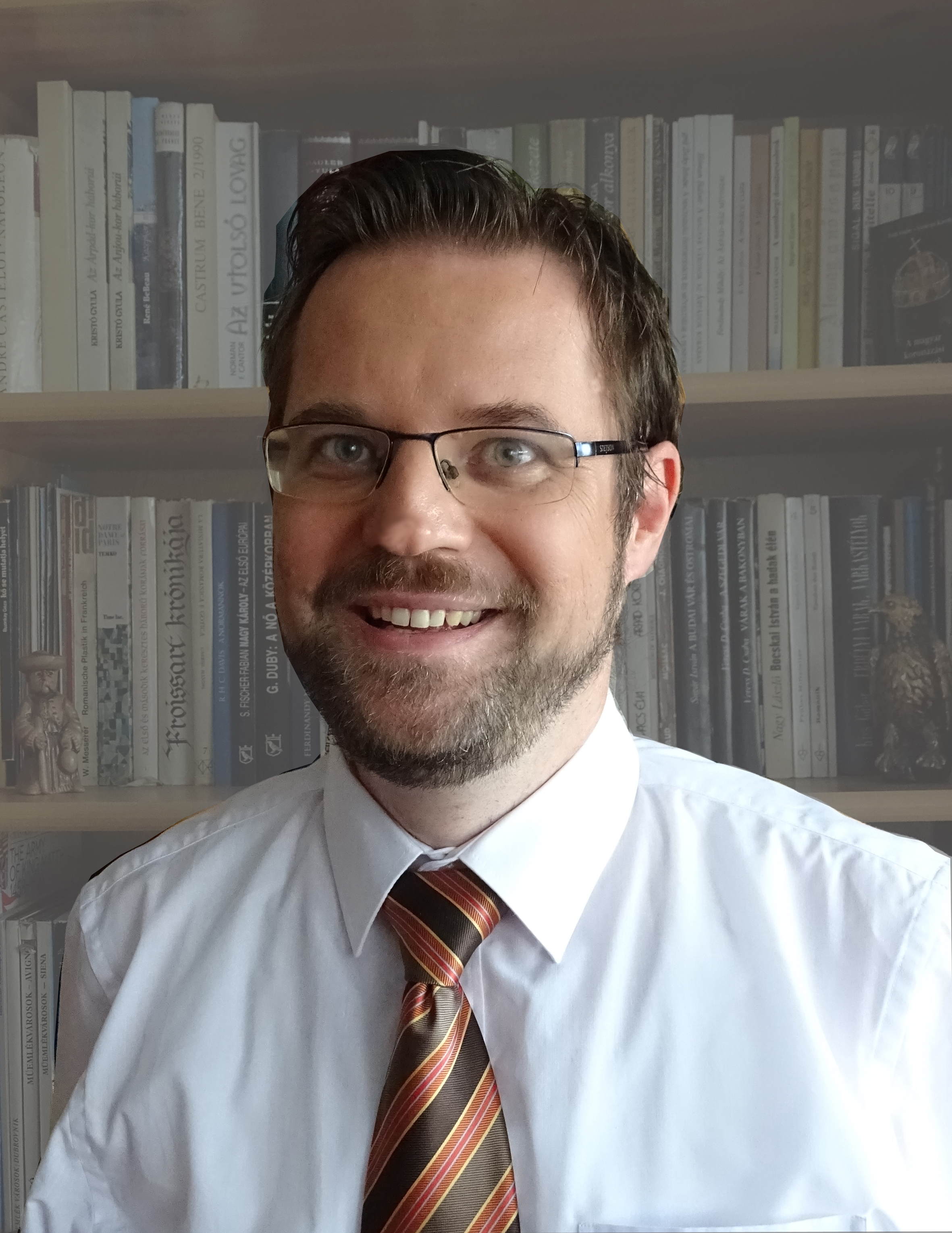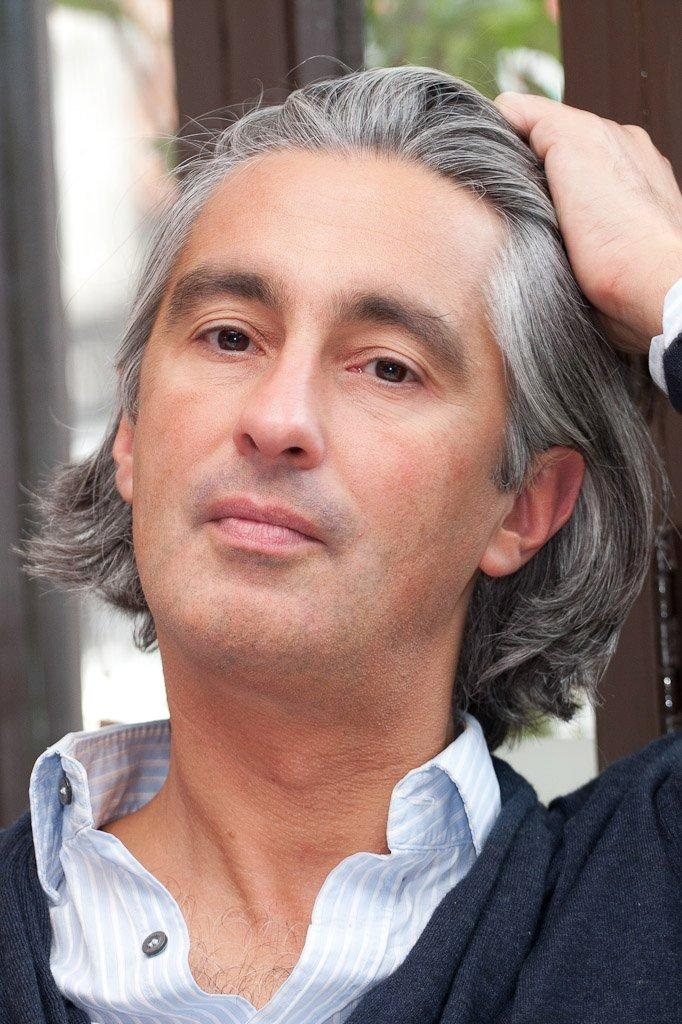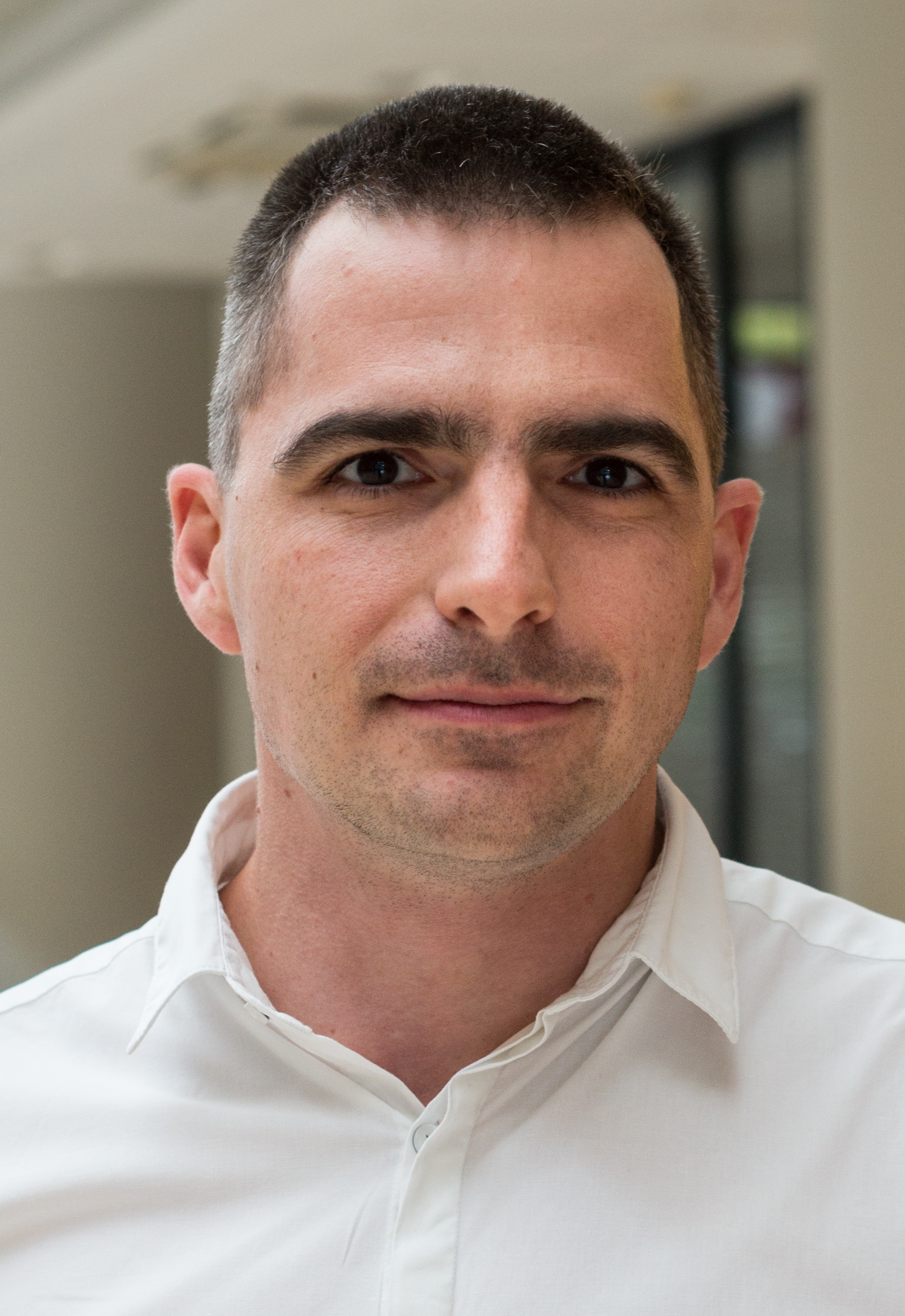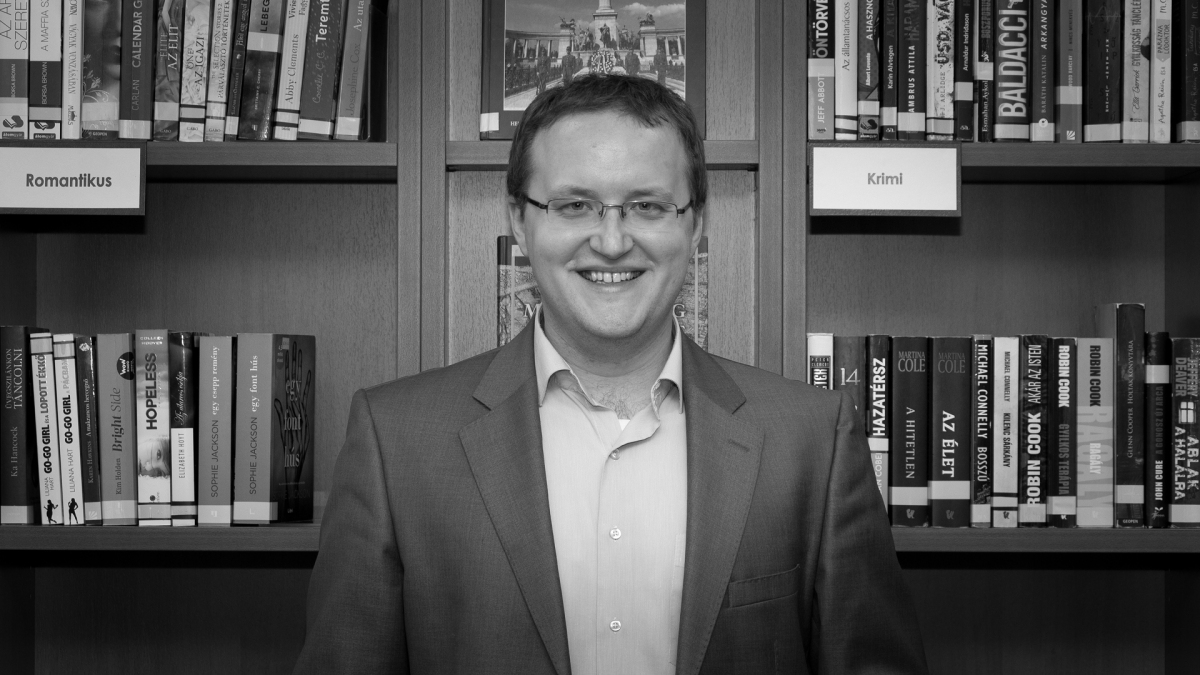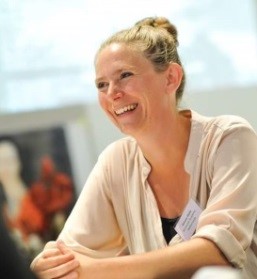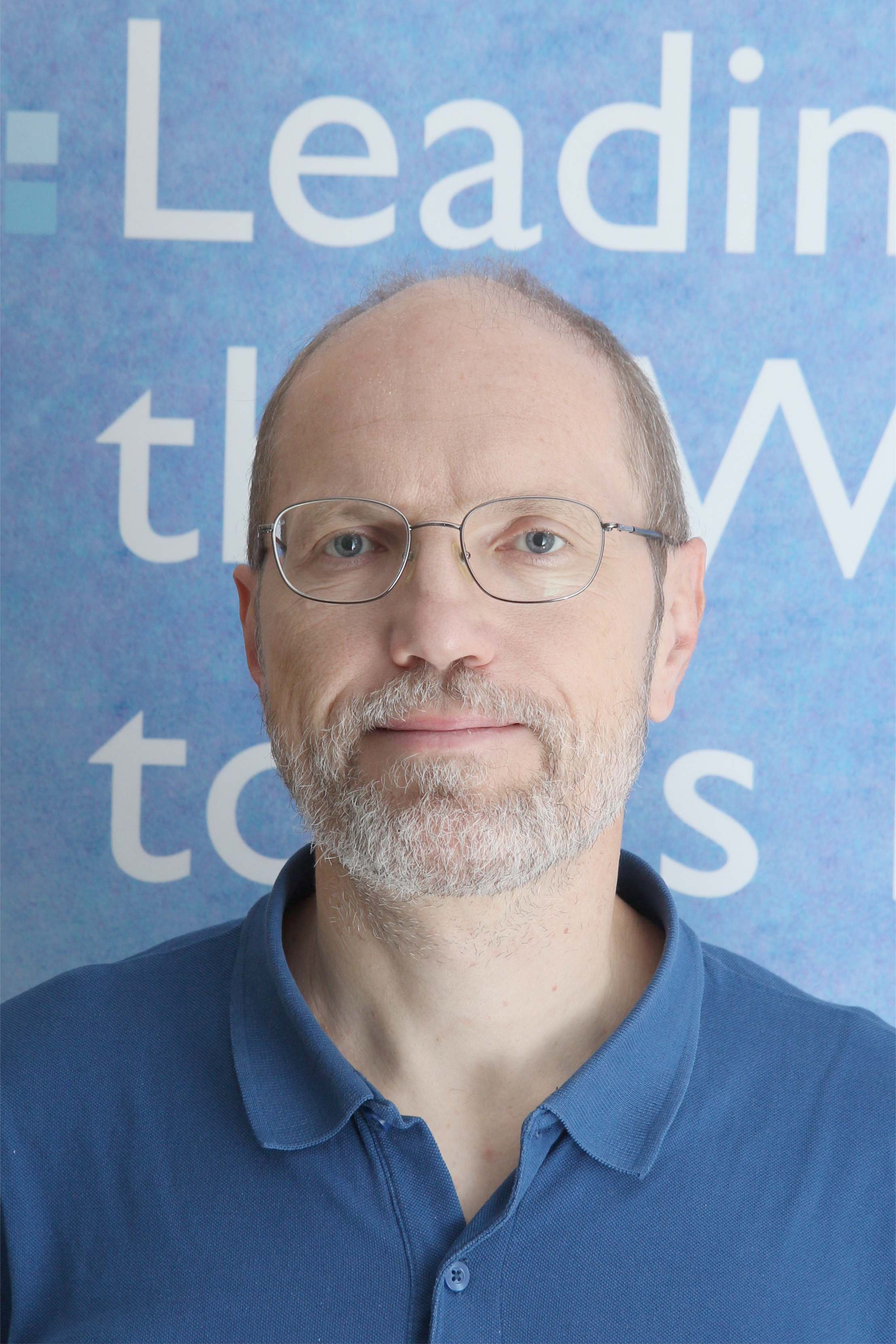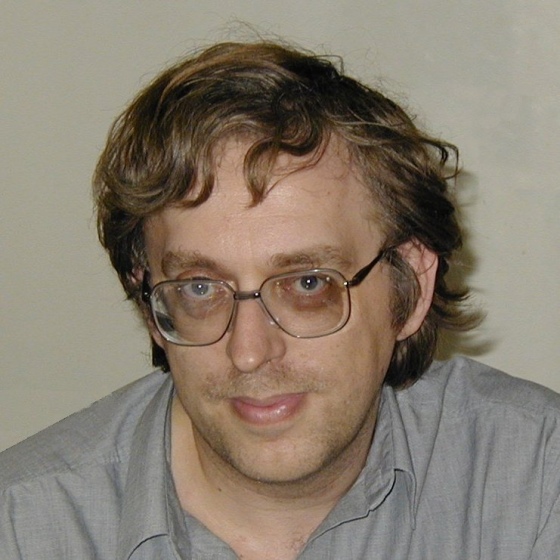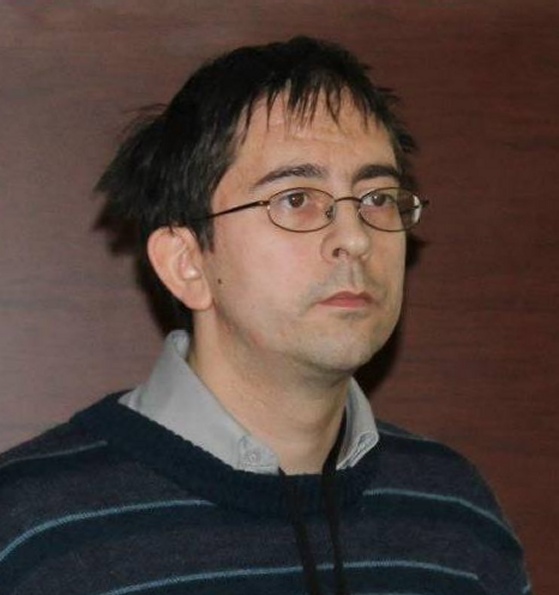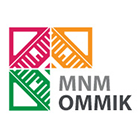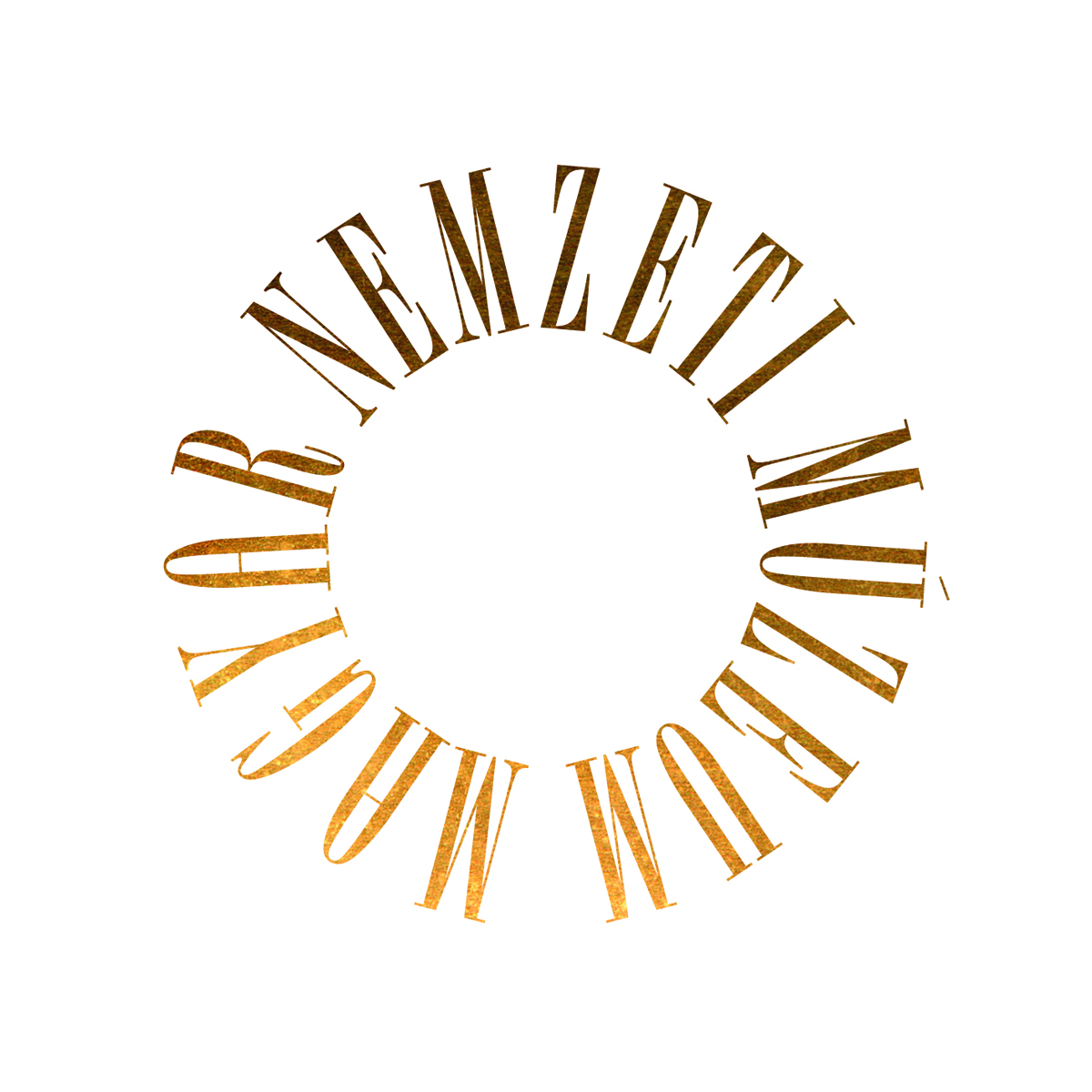Speakers
Zsolt Bánki
Zsolt István Bánki is an informatician-librarian, museologist and literature-grammar teacher. He graduated at the Berzsenyi Dániel College in 1988, at Pázmány Péter University in 2000 and then at ELTE BTK in 2002. He has been a colleague of the Petőfi Literary Museum since 2006 where he has been leading the Library and IT Department since 2010. His specialties are the systems and standards of museum IT, theoretical questions of digitization, and designing national and international databases. He takes part as a specialist in national and international projects and professional organizations.
Presentation: Digital society – museum digitization
Ildikó Sz. Fejes
Born in 1967 in Budapest, Hungary, she graduated from Eötvös Loránd University, Faculty of Arts majoring in history and archaeology. She earned a postgraduate degree in European experts at University of Miskolc, Faculty of Economics. In 2014, she acquired Arts & Business Manager qualification at University of Applied Sciences, Budapest. She has more than twenty five years working experience in the Hungarian National Museum: including database building, participating in Internet and multimedia content development EU projects. Since 2011, she has been heading the National Museological Methodology and Information Centre (OMMIK). She directed the building of the Centre's services. Since 2016 she is a board member of AVICOM.
Presentation: MuzeumStat. What is behind the data?
Éva Kómár
Museum librarian and museum IT specialist. She worked for Petőfi Literary Museum between 1993 and 2016. From this year she is a colleague of the Hungarian National Museum National Centre of Museological Methodology and Information. Since 2003 she has been concerned with questions of discovering museum materials in database systems, with options of online publication of digital content, and with new technologies that give IT support to exhibitions. At the moment she participates in building the national museum aggregation service.
Presentation: The renewal of the MuseuMap aggregation service in line with the Public Collection Digitalisation Strategy
Dr. László Tokai
Dr. László Tokai graduated as a lawyer at ELTE in 1985, he received a diploma on Philosophy in 1986, then he received a LL.M. degree at the University of Chicago in 1992. He has been a freelancer lawyer since 1994, he has worked as an international and local legal expert in Hungarian and foreign projects, and he was a leading lawyer at a public trustee organization. He has been a legal expert for Hungarian National Museum since 2013.
Presentation: Data management of national assets in cloud solutions
János Káldos
In his career the new and the old have always been connected. This happened in the Library of the Hungarian Academy of Sciences, where he worked with processing books and manuscripts in the Manuscript and Antique Books Collection, then in the Health Manager Education Centre of SOTE as a library leader and IT manager. He started working in the National Széchényi Library in 2000. First he worked on developing the Hungarian Electronic Library, ha was a director of the Special Collections for a long time and also the sub-director of the library for three years. At the moment he is the project leader of the Hungarian Library System.
Presentation: Digitization plans of the National Széchényi Library and the Digital Strategy of Heritage Institutions
Zoltán Szatucsek
Szatucsek Zoltán (1969) is a senior archivist of the National Archives of Hungary (NAH), Director of the International Relations and EU Department. He studied history and philosophy in Debrecen and holds an MA in History from the Debrecen University. In the archives his professional fields are electronic records, and digitization. He is a member of several professional working groups and committees at both the national and institutional level. He was the leader of the NAH electronic archives project. Represents the NAH as director of the DLM Forum, board member of the Archives Portal Europe Foundation. Member of the European Commission’s European Archives Group. His current interests are in archival history, archival theory and archives as memory institutions of modern societies.
Presentation: The digitalization strategy of the National Archives of Hungary
Júlia Katona
Júlia Katona is an art historian, curator and researcher. She is currently working as the head of collection of the Schola Graphidis Art Collection, Budapest. Her fields of interests span across art historical research: ornamental art, pattern books, rare book collections, history of architecture and art education in the 19th–20th centuries, and museum studies: museum informatics, integrated collection management systems. In 2016– 2017, she participated in the program Chercheurs invités of the Institut national d’histoire de l’art (INHA), Paris. From January 2017, she is one of the Councillors in the Europeana Members Council.
Presentation: Europeana – an integration alternative for Hungarian collections
Elżbieta Wysocka
Head of Film Restoration and the Digital Repository at the National Film Archive – Audiovisual Institute in Warsaw, Poland. Since 2010 dr Wysocka is responsible for overseeing the National Film Archive‘s digital collection and implementation of standards and specifications for digital cataloguing in Fimoteka. An art conservator by training, she wrote her Master‘s thesis on video preservation (2006). After starting her career with the National Film Archive, she obtained her doctorate from the Intermedia Department at the Academy of Fine Arts in Krakow on the theory and practice of the preservation of film, video, performance and net art and she has written numerous articles on the subject. She is the winner of a competition run by the National Centre for Culture for the best doctoral thesis in the field of cultural sciences.
Presentation: Film archive’s and new media collections in art museums
Lipót Répászky
Lipót Répászky graduated as communication engineer at the Faculty of Mechanical Engineering at Szent István University in Gödöllő in 2007, in the audiovisual field. In 2009 he joined the IT Department of the National Audiovisual Archive as a broadcast system engineer and was responsible for developing long-term storage and video encoding solutions. From 2014 he has been the chief engineer of NAVA, since 2016 is he managing director of NAVA. His main goal is to create an up-to-date, long-term, public archive of community by combining machine-learning (cognitive) knowledges with human skills.
Presentation: The role of community in preserving audiovisual heritage in the long term
György Ráduly
György Ráduly studied economy in France, now he is the director of the Hungarian National Filmarchive. In the past 11 years he distributed Hungarian and East-European movie classics in France, produced documentary films, merchandised and renovated classic movies. With the innovation of the Filmarchive his main goals are to establish the national film restoration and digitization program, to build audience and to integrate the Hungarian movies into the education.
Presentation: Film archives and preservation
Antonio Rodríguez
Antonio Rodríguez is a senior-level consultant with more than 25 years of experience in museums, arts management, international touring exhibitions, strategic planning, project management, and strategic partnerships. Throughout his career, Mr. Rodríguez has held various management positions in museums and cultural organizations in the United States and Latin America. Mr. Rodríguez serves as Chairman of the Board of the International Committee for Exhibition Exchange (ICOM ICEE), and Past Chair of the Latino Network at the American Alliance of Museums (AAM).
Presentation: Exhibitions without borders: transcendig boundaries through media and technology
Rutger Rozendal
Drs. Ing. Rutger Rozendal (M, 1977) is the CEO of Noterik. He started working for Noterik in 2003. During the first years, he was responsible for the coordination and implementation of Noterik’s webcasting services for different clients. Since 2009 Rutger has been responsible for the overall strategy of Noterik which is changing from 2015 the focus from online video towards multiscreen applications. In 2016 he was actively involved in the SPACE project, which lead to the MuPop service and up to day he is searching for opportunities to give digitised heritage a more museum like experience.
Presentation: MuPop Museum
Hajnalka Tarr
Hajnalka Tarr is a graphic artist and the leader of the art program of Autistic Art Foundation. She has been developing draw courses for autistic people living in charity homes, studying their drawing and placing the art of autistic people in a contemporary context since 8 years. As a curator she organized exhibitions regarding the connection of autistic drawing habits and contemporary art in the Hungarian National Gallery, in Virág Judit Gallery, in the Contemporary Art Institution in Dunaújváros and in the Szent István Király Múzeum in Székesfehérvár. As an artist she focuses on the strategies of subjective explanation of reality through individual experiences.
Presentation: Artworks of young autistic artists in virtual reality - Digitizing and publishing exhibitions online
Hadzijanisz Konsztantinosz
Konsztantinosz Hadzijanisz was graduated from the Budapest University of Technology and Economics as a Civil Engineer. Working at Mensor3D Ltd., he is involved in terrestrial laser scanning, object scanning and aerial photography. He manages numerous local and international projects and takes part in data acquisition and data processing too. He contributed to the making of various animated movies; designed and manufactured exhibitions on heritage protection.
Presentation: 3D Documentation of the Seuso Treasure – Methods and Strategies
Zsolt Mráv
He is the deputy director of the Archaeological Department in the Hungarian National Museum. Special fields of his research and interests are the historical and archaeological problems of the Middle Danubian and mainly Pannonian provinces of the Roman Empire. My researches deal with the elites of the Pannonia provinces and their burial rites, in particular the wagon graves, as well as the metallurgy, 1st-3rd century bronze and late Roman silver objects (large bronze statues, bronze and silver vessels, the Kőszárhegy silver stand).
Presentation: 3D Documentation of the Seuso Treasure – Methods and Strategies
Cristiano Bianchi
Cristiano Bianchi studied and practiced architecture before becoming involved in virtual environments and information architecture. He has been lecturing extensively in the UK, Sweden, Italy and Germany. In 2003 he started Keepthinking with the purpose of creating engaging digital experiences for museums and cultural heritage institutions. Keepthinking is today one of the world leading digital agencies solely dedicated to extend museums online.
Presentation: Museum information management systems
Gergely Kecskeméti
Gergely Kecskeméti finished his studies as an informatician librarian at the University of Szeged. He has been leading the deposit group at the Klebelsberg Library in Szeged since 2010. He won the title of “Young librarian of the year” in 2014 which is an award of the Alliance of Libraries and Information Institutes and the Association of Hungarian Librarians. Now he’s working on innovating the library statistics by cooperating with the Library of the Hungarian Central Statistical Office and the Library and Information Centre of the Hungarian Academy of Sciences.
Presentation: In the footsteps of museums: modernisation of the national library statistics data collection system
Dávid Rózsa
Dávid Rózsa is a librarian. He finished his studies as a historian at the University of Pécs in 2010, then as an informatician librarian at the University of Szeged in 2013. He’s been working at the Library of the Hungarian Central Statistical Office since 2010 and he is the deputy manager since the November of 2013. He studies the history of libraries and statistics, and the actual academic issues of libraries. He has written hundreds of publications (books, articles) and he is the chief editor of the biographical encyclopedia called „Portrék a magyar statisztika és népességtudomány történetéből” and the online publication called “Nemzetközi Statisztikai Figyelő”. In 2016 he won the special prize of “Young librarian of the year” award.
Presentation: In the footsteps of museums: modernisation of the national library statistics data collection system
Simone Stoltz
Simone Stoltz is Lecturer Information and Media at the Reinwardt Academy at Amsterdam. She worked as manager collections at several museums including The Rijksmuseum and Muiden Castle. She has been an advisor with the National office for Museums Consultancy on the subject of e-Culture and digitization for several years. She is passionate in educating a new generation of heritage professionals in media, information and presentation. Her main challenge is to facilitate students into shaping their own vision at the future of heritage in a creative but structured way. She delivers masterclasses, workshops and presentations at Universities and (international) conferences in the Netherlands and abroad.
Presentation: Media education in heritage
András Micsik
Dr. András Micsik is a senior research fellow at MTA SZTAKI. He is enthusiastic about the application of Semantic Web and Linked Open Data in various areas such as digital repositories, clouds, e-science platforms. He contributed to more than 20 research projects in the topics of web services, digital libraries, groupware, etc. He is a regular member of TPDL, Semantics and CEDEM conference program committees. He is co-organizer of Budapest Open Knowledge Meetup.
Presentation: The COURAGE projekt
László Drótos
László Drótos is a librarian of the E-library Services Department of the National Széchényi Library (OSZK). Since the launch of the Hungarian Electronic Library (MEK) in 1994, he has been working with the preservation of digital documents. In addition to the MEK, he contributed to the creation of the Electronic Periodical Archive and Database as well as the Digital Image Archive. In 2006 he proposed a Hungarian Internet Archive to be established. From the beginning of 2017, he is responsible for the OSZK’s webarchiving pilot project.
Presentation: Web-museum, web-library, web-archives: responsibility of memory institutions in the preservation of the digital culture
Márton Németh
Márton Németh is a web-librarian of the E-library Services Department of the National Széchényi Library (OSZK). He is a part-time PhD student at the Doctoral School of Informatics in University of Debrecen. His topic is focusing to the new semantic-web based collection development standards and solutions in public collection environments. He was a librarian at the Directorate of Informatics, National Széchényi Library, from 2005 till 2012. In 2013, he graduated at the International Master Programme in Digital Library Learning. As a public collection expert and content manager at Monguz Ltd (2014-2017) he was focusing on the professional support of project developments for libraries, archives and museums. Currently he is a member of the OSZK’s web archiving pilot project team.
Presentation: Web-museum, web-library, web-archives: responsibility of memory institutions in the preservation of the digital culture




